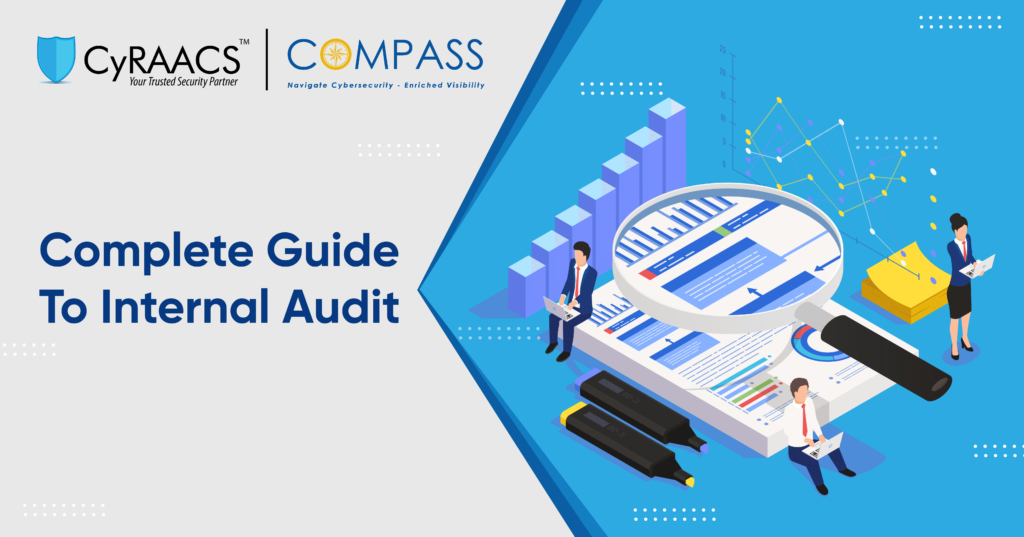
Internal audit is a critical function within any organization, serving as the watchful guardian of its internal controls, risk management processes, and overall governance framework. In an era where transparency, accountability, and compliance are paramount, the role of internal audit has evolved from being a routine check to a strategic asset.
Let's embark on a journey through the world of internal audit and discover how it serves as the eyes and ears of an organization, ensuring its vitality and longevity in an ever-changing business landscape.
An internal audit in information security is basically an assessment conducted by an organization's Internal Audit team or an Independent Auditor to evaluate the effectiveness of the organization's information security program.
Internal audits are typically conducted against the organization’s established Policies, Procedures, and Standards, as well as applicable laws and regulations.
The goal of an internal audit is to identify areas of risk, assess the effectiveness of controls, and provide recommendations for improvement.
An effective Internal Audit should assess the overall security posture of the organization covering all systems and applications, locations, departments and business units, personnel and any third-party service providers that have access to sensitive information or systems.
Generally, such an Audit covers the following areas:
The frequency of internal audits can vary depending on the organization's risk profile and the level of maturity of its information security program. Generally, internal audits should be conducted at least once a year, but high-risk areas may require more frequent audits.
Additionally, internal audits should also be conducted in response to significant changes in the organization's information security environment or in response to a security incident.
A typical Internal Audit includes the following processes:
Identify the scope of the audit.
Once an Audit is completed, the respective teams have to prioritize and implement the recommendations from the audit. The Internal Audit team plans periodic follow-up audits to ensure the implementations are effective and sustained.
COMPASS is a niche light-weight Platform which can enhance your Internal Audit process and user experience.
Some of the benefits of using COMPASS are as follows:
